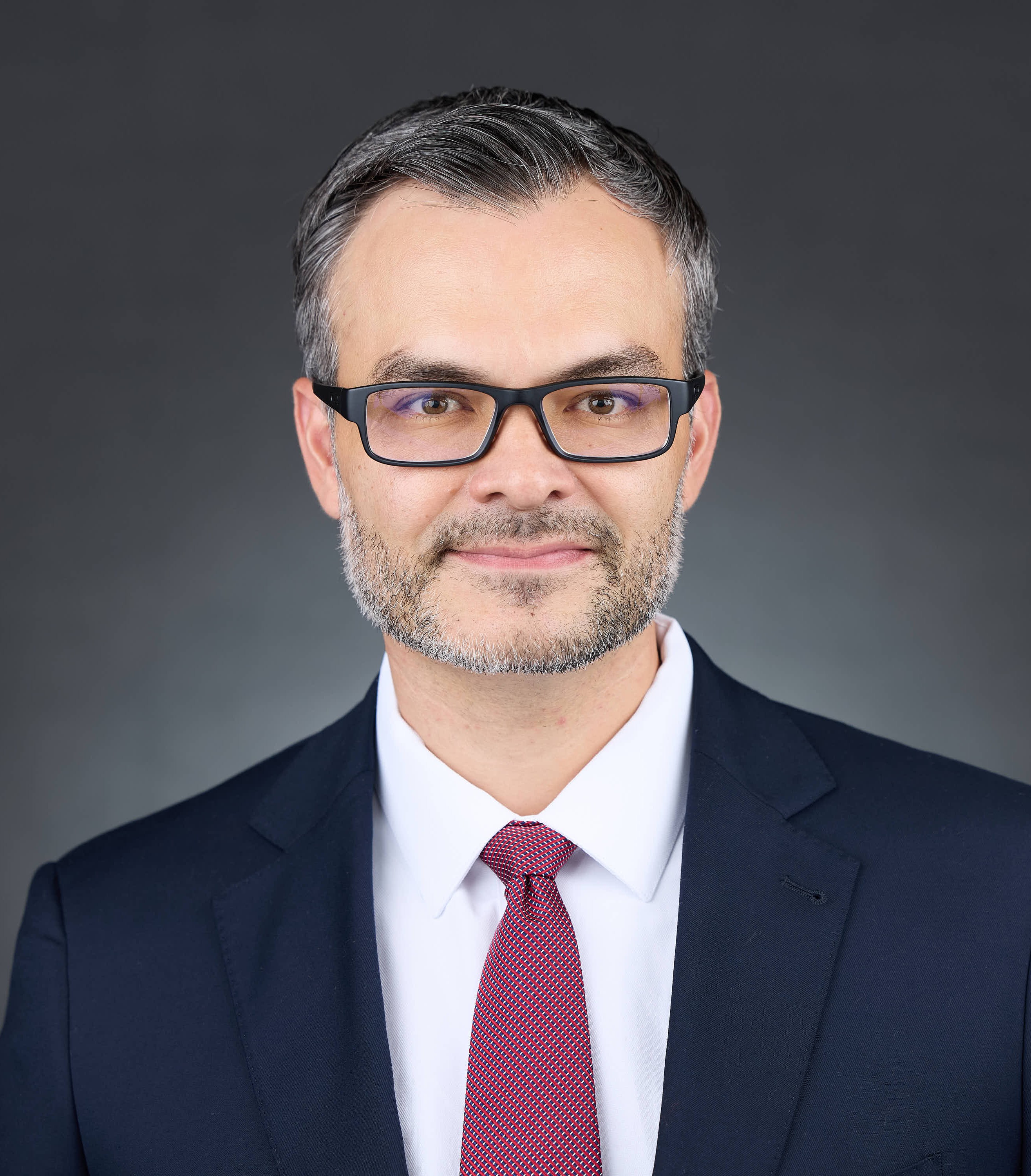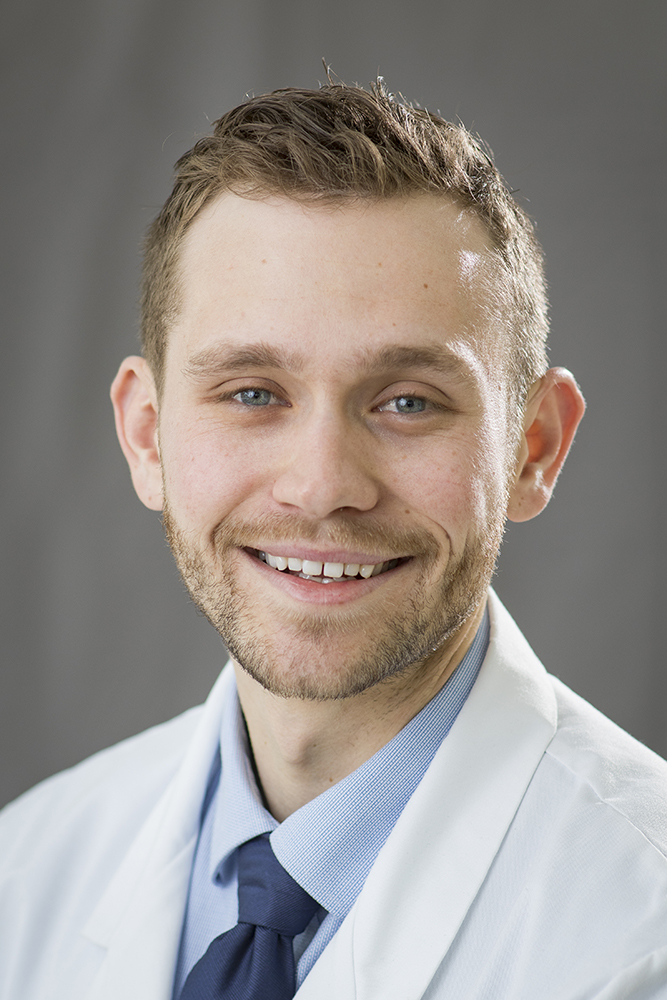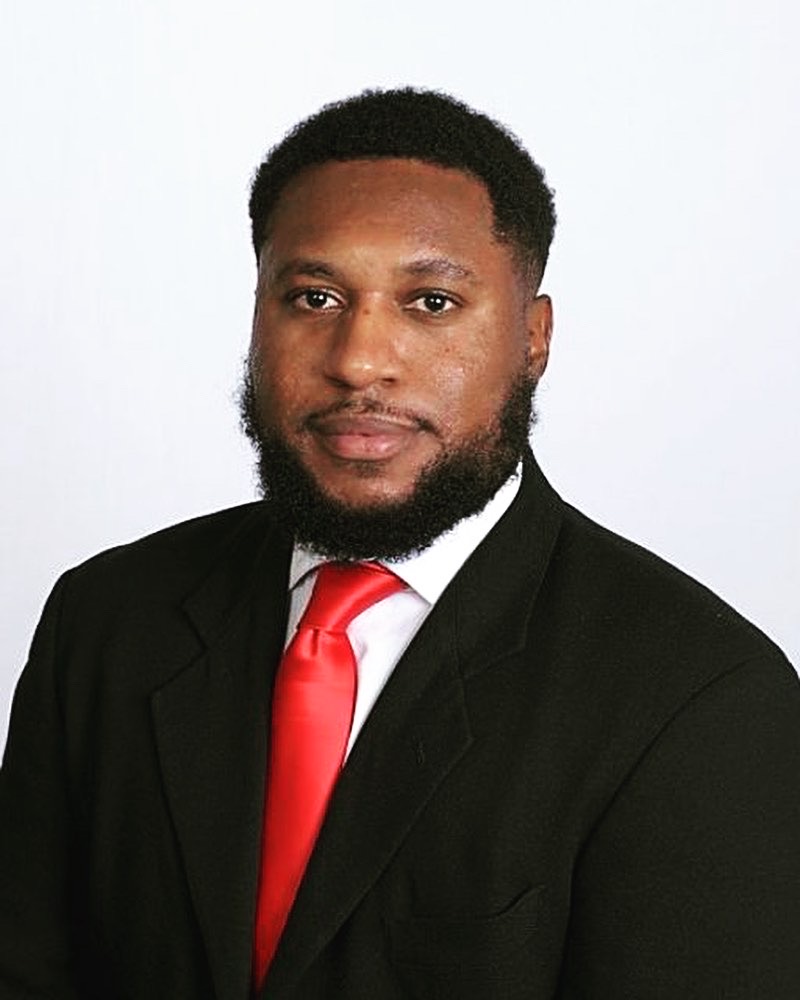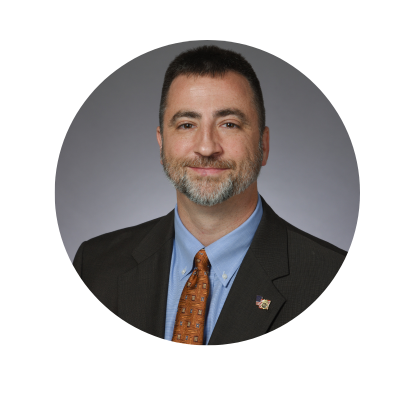Meet the Candidates: TCEP 2025-2026 Board of Directors
As the 2025 Election approaches, we’re excited to introduce a vibrant and committed line up of candidates running for various seats on TCEP’s Board of Directors and Council. The positions open for election include:
Here’s your chance to get acquainted with these candidates. Visit the Meet the Candidates page on our website to read their statements and delve deeper into their backgrounds.
Mark your calendars for April 14, 2025, when the election will be held during TCEP’s Annual Business Meeting at CONNECT 2025.
DIRECTOR
|
Sara Andrabi, MD, FACEP
Current Role: Assistant Program Director and Assistant Professor, Emergency Medicine Residency Program Baylor College of Medicine
Medical School: Baylor College of Medicine (2013)
Residency Program: Baylor College of Medicine (2016)
Watch Video
TCEP/ACEP Participation and Contributions:
- ACEP member (2012 - present)
- TCEP member (2012 - present)
- TCEP Board of Directors (2022 - present)
- TCEP Annual Meeting Co-Chair (2018 - present)
- TCEP Nominating Committee (2024)
- TCEP Young Physician Representative on Board of Directors (2021 - 2022)
- TCEP Membership Committee Chair (2015 - 2017); Member (2012 - 2018)
- TCEP Leadership and Advocacy Fellowship (TLAF) Program (2014 - 2015)
- TCEP Residency Committee (2013 - 2016)
- TCEP Medical School Leadership Initiative Director (2012 - 2013)
- TCEP Medical Student Committee (2012-2013)
- ACEP/TCEP Councillor (2016 - present)
- ACEP/TCEP Alt. Councillor (2014 - 2016)
Goals While Serving on TCEP Board:
- Enhance Professional Development & Member Engagement
- Advocate for Emergency Physicians & Patient Care
- Improve the EM practice landscape to promote Wellness & Resilience in Emergency Medicine
Pressing issues facing Emergency Medicine Physicians in the next 3 years: Workforce Challenges & Physician Burnout; Emergency Department (ED) Overcrowding & Boarding; Reimbursement & Financial Pressures - declining reimbursements, payer denials; Violence in the Emergency Department & Physician Safety; Technological & AI Integration in Emergency Medicine; and Behavioral Health Crisis.
|
 |
Angela Cornelius, MD, FACEP, FAEMS
Current Role: Medical Chair, JPS Emergency Management Committee; JPS Emergency Residency Core Faculty; Caddo Fire District 8 Medical Director; TCU/UNT Associate Professor of Clinical Emergency Medicine; System Associate Medical Director, Office of the Medical Director for the Metropolitan Area EMS Authority; Governor's EMS and Trauma Advisory Council
Medical School: UT Medical Branch (2003)
Residency Program: CHRISTUS Health/Texas A&M (2010)
Watch Video
TCEP/ACEP Participation and Contributions:
- ACEP member (2007 - present)
- TCEP member (2007 - present)
- TCEP Board of Directors (2022 - present)
- TCEP Leadership and Advocacy Fellowship (TLAF) Co-Chair (2024 - present)
- ACEP Education Committee (2023 - present)
- ACEP Air Medical Section Chair (2023 - present)
- ACEP Council Reference Committee C (2023 - 2024)
- ACEP Reimagining EMS Workgroup (2023 - 2024)
- TCEP Finance Committee (2023 - 2024)
- ACEP Disaster Medicine Committee Chair (2022 - 2024)
- ACEP Council Reference Committee B (2022 - 2023)
- ACEP Candidate Forum Moderator (2022)
- ACEP Clinical Resources Review Committee (2022 - present)
Goals While Serving on TCEP Board:
- Advocate for Legislative and Policy Changes to Support Emergency Physicians and Patients
- Promote Innovations and Best Practices in Emergency Medicine
- Foster Leadership Development in Emergency Medicine
Pressing issues facing Emergency Medicine Physicians in the next 3 years: Scope of practice; Emergency physician due process; and reducing reimbursements.
|
 |
Robert Rosillo, MD, FACEP
Current Role(s): Regional Medical Director (CHI St. Lukes Patient's Medical Center (Pasadena); CHI The Vintage (Spring); CHI (St. Augustine); CHI Sugarland; CHI Brazosport (Lake Jackson); CHI Lufkin; CHI Livingston; CHI Woodlands and HOPDs; Oak Bend Medical Center (Richmond); and Emergency Department Medical Director (CHI St. Augustine); and Regional Medical Director (Integrative Emergency Services)
Medical School: UT Health Science Center San Antonio (2009)
Residency Program: UT Southwestern in Dallas (2012)
Watch Video
TCEP/ACEP Participation and Contributions:
- ACEP member (2009 - present)
- TCEP member (2009 - present)
- Emergency Medicine Residents' Association (2009 - present)
- TCEP Leadership and Advocacy Fellow (2024 - 2025)
- TCEP Membership Committee Co-Chair (2024 - 2025)
- ACEP Alternate Councillor (2024)
Goals While Serving on TCEP Board:
- Grow Membership and Program Awareness - I aim to enhance outreach efforts, increase engagement with residents and early-career physicians, and expand awareness of TCEP's initiatives to strengthen our membership base.
-
Advocate for Physician Well-Being and Burnout Prevention - I want to contribute to efforts that address burnout in emergency medicine by promoting meaningful solutions that improve physician support, job satisfaction, and overall well-being.Build Strong Professional Relationships - I hope to foster connections among TCEP members, leadership, and stakeholders, creating a collaborative network that drives impactful change and helps us achieve our shared goals.
Pressing issues facing Emergency Medicine over the next 3 years:
- Physician Burnout and Workforce Sustainability - Emergency medicine continues to face high levels of burnout due to increasing patient volumes, staffing shortages, inpatient boarding, and administrative burdens. Addressing physician well-being through systemic changes, improved support structures, and advocacy for sustainable work environments is critical.
- Reimbursement, Financial Pressures, and Private Equity Influence - Ongoing cuts to reimbursement, increasing payer denials, and the challenges posed by the No Surprises Act threaten the financial stability of emergency medicine groups and hospitals. Additionally, the increasing role of private equity in emergency medicine raises concerns about job security, physician autonomy, and patient care quality. Protecting fair compensation and advocating for sustainable financial models will be essential.
- Scope Creep and Erosion of Physician Autonomy - The expansion of non-physician providers and administrative decision-making that undermines physician-led care pose significant challenges. Ensuring that emergency physicians maintain leadership in patient care and that quality standards are upheld will be a key priority.
|
 |
YOUNG PHYSICIAN DIRECTOR
|
Justin Hacnik, MD
Current Role(s): Assistant Professor, Core Faculty; CHRISTUS Health/Texas A&M University School of Medicine and Director of Outreach and Medical Student Engagement.
Medical School: University of Nevada, Reno (2021)
Residency Program: Christus Health/Texas A&M University School of Medicine Emergency Medicine Residency (2024)
Watch Video
TCEP/ACEP Participation and Contributions:
- ACEP member (2019 - present)
- TCEP member (2019 - present)
- TCEP CONNECT Conference Presenter (2024)
- TCEP-MSC Meet the Program Series Presenter (2024)
- ACEP/CORD Teaching Fellowship Participant (2024 - 2025)
- ACEP national meeting participation
Goals While Serving on TCEP Board:
- Advocate for stronger support and resources for emergency medicine residency programs across Texas.
- Ensure continued funding and sustainable working conditions for residents is crucial, including faculty support to maintain high-quality training.
- Work to enhance legislative advocacy for graduate medical education by collaborating with TCEP leadership to engage policymakers on GME funding, workforce distribution, and protecting emergency medicine training from scope-of-practice overreach.
- Strengthen resident and medical student engagement with TCEP by expanding mentorship programs, increasing access to leadership development opportunities, and ensuring that residents have a voice in shaping the future of emergency medicine in Texas.
Pressing issues facing Emergency Medicine over the next 3 years: Over the next three years, emergency medicine physicians will face several critical challenges that require proactive advocacy and strategic solutions. One of the most pressing issues is the growing workforce imbalance, with an increasing number of residency graduates entering a job market that is becoming more competitive due to shifting healthcare models, oversaturation in certain regions, and non-physician provider expansion. Ensuring job security and fair employment conditions will be essential to maintaining the integrity of the specialty. Another major concern is the ongoing financial strain on emergency departments, particularly regarding reimbursement challenges, Medicaid/Medicare funding, and the threat of corporate influence on physician autonomy. Many emergency physicians are experiencing increased pressure from contract management groups, hospital administrators, and private equity, which can negatively impact patient care and physician well-being. Strengthening physician advocacy at the state and national levels to protect independent practice and fair compensation will be crucial. Lastly, the mental health crisis, both among patients and emergency physicians, continues to escalate. Emergency departments remain the safety net for behavioral health patients, yet lack adequate resources to manage the rising demand. Simultaneously, physician burnout, moral injury, and wellness concerns are growing, exacerbated by administrative burdens, staffing shortages, and increasing violence against healthcare workers. Addressing these challenges will require systemic changes, including improved mental health resources for both patients and providers, workplace safety initiatives, and policies that support a sustainable and fulfilling career in emergency medicine.
|
 |
RESIDENT DIRECTOR
|
Ryan Johnson, MD, MPH
Current Role: I am a current PGY-2 in Emergency Medicine at the University of Texas at Houston Health Sciences Medical Center. My current leadership role includes vice chief of critical care. As the Vice Chief of Critical Care, I lead the development and implementation of a comprehensive critical care curriculum for our residency program. My responsibilities include designing and delivering high-yield lectures, coordinating case-based discussions, and integrating the latest evidence-based practices into resident education. I oversee the creation of a critical care newsletter to disseminate key updates, literature reviews, and clinical pearls. Additionally, I facilitate interdisciplinary collaboration with ICU teams, mentor residents in critical care management, and contribute to quality improvement initiatives aimed at enhancing patient outcomes in the emergency department and intensive care settings.
Medical School: The Medical College of Georgia (2023)
Residency Program: University of Texas at Houston (2026)
TCEP/ACEP Participation and Contributions:
- ACEP member (2023 - present)
- TCEP member (2023 - present)
- Case report accepted for publication in ACEP Now.
Top Goals While Serving on TCEP Board: As a member of the TCEP Board of Directors, my goals are to strengthen advocacy for emergency physicians, enhance resident and medical student engagement, and improve physician well-being and workforce sustainability. I aim to advance legislative initiatives that protect emergency physicians, improve workplace conditions, and ensure optimal patient care across Texas. Additionally, I am committed to expanding mentorship programs, leadership development opportunities, and educational resources to support the next generation of emergency physicians. Lastly, I will advocate for solutions to combat burnout, improve work-life balance, and address workforce challenges to promote a sustainable and fulfilling future in emergency medicine.
Pressing issues facing Emergency Medicine Physicians in the next 3 years: In the next three years, emergency medicine physicians will face challenges in workforce sustainability, administrative burdens, and healthcare delivery shifts. The increasing demands on emergency departments, combined with difficulties in recruiting and retaining physicians, will strain the workforce, making burnout prevention and fair compensation critical. Rising administrative tasks and declining reimbursement rates also threaten efficiency and job satisfaction. Additionally, the expansion of telemedicine, freestanding EDs, and changes in the scope of practice for advanced practice providers will reshape emergency care, making it essential to maintain the central role of emergency physicians in acute care and patient advocacy.
|
 |
Abbey Pastorelle, DO
Current Role: First year Emergency Medicine resident at UT Houston. I work in the Emergency Departments of Memorial Hermann Hospital in the Texas Medical Center and LBJ Hospital in Houston, TX.
Medical School: UNTHSC-TCOM (2024)
Residency Program: University of Texas Health Science Center at Houston (2027)
Watch Video
TCEP/ACEP Participation and Contributions:
- ACEP member (2023 - present)
- TCEP member (2023 - present)
- TCEP Medical Student Representative (Board of Directors) (2023 - 2024)
- TCEP Medical Student Program Committee Member for CONNECT (2023-2024)
Goals While Serving on TCEP Board: As a resident, one of my top goals is to learn from the members who have served in their role longer than I have been a physician. I hope to continue to learn from the accomplished Board of Directors and gain insight into practicing Emergency Medicine in Texas and being part of the team. I also hope to contribute a unique perspective as potentially the only resident on the Board, as I can provide insight into the potential issues facing students and new Emergency Medicine physicians. My final goal is to get more people involved with TCEP by expanding and increasing outreach on social media, as the number of medical schools and therefore in Texas continues to rise.
Pressing issues facing Emergency Medicine Physicians in the next 3 years: I believe the most pertinent issue Emergency Medicine Physicians have faced and continue to face is burnout. Another issue that we have seen improvement in is a decrease in interest in pursuing Emergency Medicine as a career, with applications to Emergency Medicine residencies hitting a shocking low in 2023. Another issue that has continued in many Emergency Departments throughout the nation is Boarding. While ACEP has had a significant impact on finding solutions to the Boarding crisis, work still needs to be done in order to protect our patients and our healthcare teams.
|
 |
MEDICAL STUDENT REPRESENTATIVE
|
Catherine Pivalizza
Current Role(s): TCEP Medical Student Representative (Board of Directors)
Medical School: McGovern Medical School (UTHealth Houston) (2026)
Watch Video
TCEP/ACEP Participation and Contributions:
- ACEP member (2022 - present)
- TCEP member (2022 - present)
- TCEP Medical Student Program Committee Member for CONNECT (2024 - 2025)
- TCEP Medical Student Committee Board Liaison (2024 - 2025)
- TCEP CONNECT participant (2024)
Goals While Serving on TCEP Board:
- Enhance Value for Students - I hope to address the needs of Texas medical students by connecting with and supporting them on their path to emergency medicine. My goal is to continue working behind the scenes to create valuable resources and programs that will benefit them throughout their journey.
- Support Emergency Medicine Physicians - I aim to support the emergency physicians represented by TCEP as they work to improve patient care and the practice of emergency medicine. TCEP and the EM community have stepped in to address the challenges facing EM and improve physician practice. I am eager to engage in and contribute to these efforts.
- Learn - Over the past year, I have gained a wealth of knowledge and experience through my interactions with TCEP leaders, residents, and students. My goal is to be like a sponge, soaking up all the insights and skills needed to become an excellent EM physician and a strong advocate for both patients and physicians.
Pressing issues facing Emergency Medicine Physicians in the next 3 years: With rising violence and overcrowding in emergency departments across the state, safety may become a growing concern for emergency physicians. I have personally witnessed and heard about the prevalence of violence in the ED. Whether it involves direct physical violence or the inappropriate sharing of private information about medical team members, ensuring safety in the ED should remain a top priority. Of course, the ongoing challenges of securing appropriate staffing models and resources to manage the growing demand for acute mental health needs remain a concern.
|
 |
COUNCILLOR
|
 |
 |
 |
 |
 |
 |
 |
Trisha Anest, MD, FACEP
|
Carrie de Moor, MD, FACEP
|
Bryan Dunn, MD, FACEP
|
Hilary Fairbrother, MD, FACEP
|
Diana Fite, MD, FACEP
|
Andrea Green, MD, FACEP
|
Robert Hancock, DO, FACEP
|
 |
 |
 |
 |
 |
 |
|
Doug Jeffrey, MD, FACEP
|
AJ Kirk, MD, FACEP
|
Laura Medford-Davis, MD, FACEP
|
Heather Owen, MD, FACEP
|
Anant Patel, DO, FACEP
|
Gerad Troutman, MD, FACEP
|
|
|


















